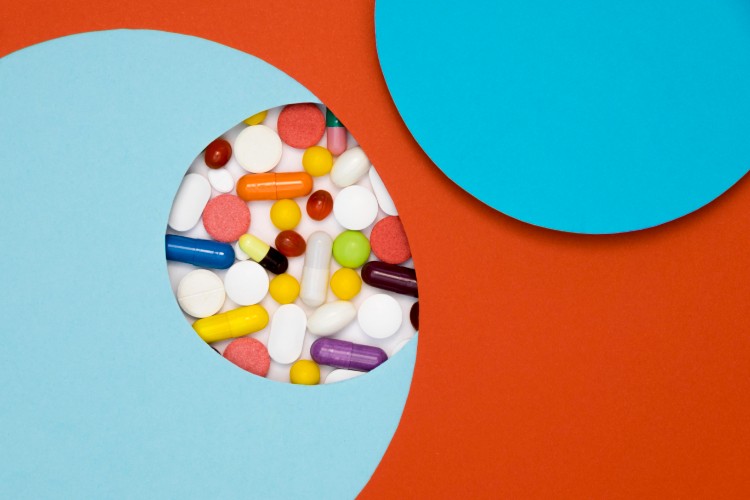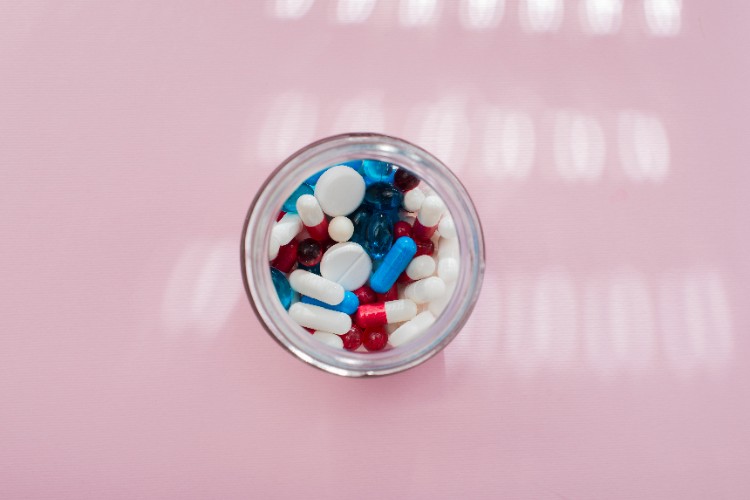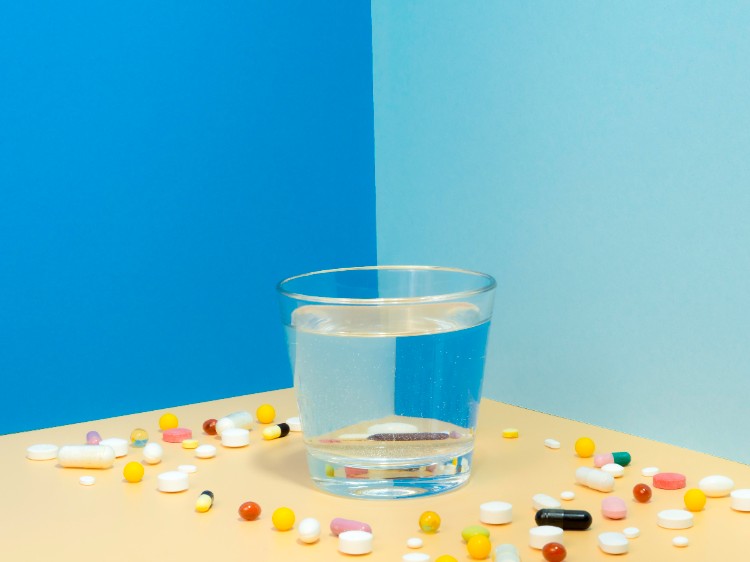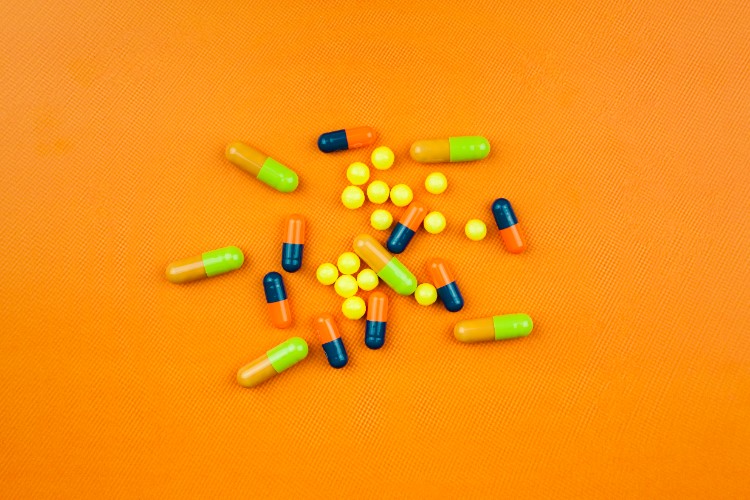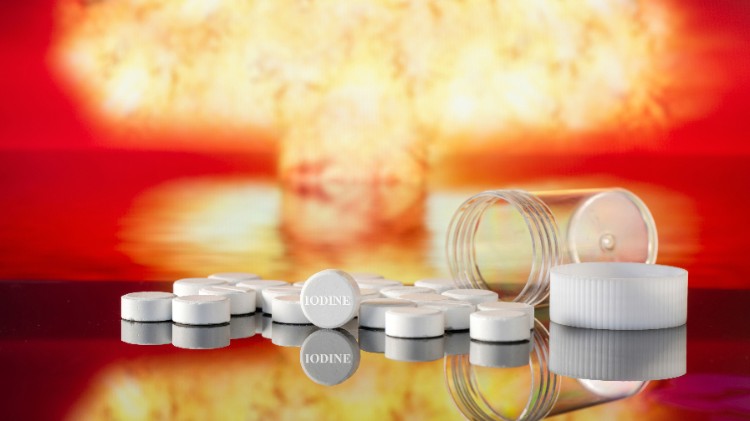Why Are Some Tablets Film Coated?
What’s With the Shiny Coating on Tablets?
We’ve all seen it. That smooth shiny layer covering many tablets. But why are some tablets film coated while others are just plain?
At Shine Health we don’t just make pill coating—we live and breathe it. And there’s more to that film than meets the eye.
Let’s peel back the layer and dive into the fascinating film coating process. You’ll see how solid dosages transform from chalky cores into sleek high-tech medication delivery tools.
The Real Reasons Behind Film Coating
Here’s the truth. A type of tablet coating isn’t just for style. It plays a huge role in:
1. Protecting the Tablet Core
Moisture, light, oxygen—they all mess with active pharmaceutical ingredients (APIs). Without protection sensitive drugs degrade fast. That’s where film coating shields the tablet core like armor.
2. Masking Awful Tastes or Smells
Some APIs taste like burnt rubber or worse. Coating hides that. We get it. No one wants a medicine that tastes like a chemistry lab.
3. Helping Swallowability
Smooth film-coated tablets glide down with less water. That’s a win for kids elderly patients and anyone tired of struggling with dry chalky tablets.
4. Controlling the Drug Release
With advanced coating formulation we help control where and how fast the drug dissolves. Think of it like GPS for your medicine. It gets released right where your body needs it.
The Magic Behind the Coating Method
Not all coatings are created equal. The coating method can vary depending on:
· The drug delivery goal
· The stability of the tablet core
· Whether the API is light- or heat-sensitive
· If the drug needs delayed release or fast action
Let’s break it down.
Film Coating vs Sugar Coating
Sugar coating was all the rage decades ago. Think old-school candy coating. It’s thick heavy and hard to reproduce precisely.
Enter film coating—thin fast and smart. It replaced sugar like smartphones replaced flip phones.
Enteric Coated Tablets: Special Delivery
We love enteric coated tablets because they’re brilliant. The coating resists stomach acid but dissolves in the intestine. So for sensitive drugs like enzymes or probiotics this tech is a lifesaver.
Hot Air & Organic Solvents: Science in Action
Our coaters use hot air to dry the sprayed coating solution fast. And depending on the coating formulation we may use organic solvents or water-based systems. Solvent choice depends on the API’s sensitivity and the production environment.
Who Uses Pill Coating and Why?
1. Pharmaceutical Manufacturers
They want consistency stability and brand identity. A uniform solid dosage form with a custom color or imprint can even prevent counterfeit drugs.
2. Healthcare Providers
They rely on coating technologies to ensure patients receive the right dose at the right time in the right place of the body.
3. Patients Like Us
We all want medicines that are easier to swallow don’t taste gross and work as expected. Coated tablets do just that.
The Coating Techniques We Trust
At Shine Health we take pride in our coating techniques. Here's what we use:
Fluidized Bed Coating
Hot air suspends the tablets while the coating solution sprays over them. Perfect for uniform coating.
Pan Coating
A traditional but effective method. Tablets tumble in a rotating pan while solution sprays and dries.
Electrostatic Coating
New tech uses charged particles to coat the surface evenly. Still evolving but we love the innovation.
Delayed Release: Timing Is Everything
Sometimes you don’t want the drug to release immediately. You want it to wait. Our coating method helps us achieve delayed release by:
· Applying time-dependent polymers
· Using pH-sensitive film coatings
· Adjusting thickness in coating formulation
These coatings release the drug after a set time or when pH changes in the digestive tract.
Why We’re Obsessed With Coating Formulation
We don’t just throw chemicals into a tank. Our coating formulation work involves:
· Particle size control
· Viscosity tuning
· Film thickness monitoring
· Compatibility testing with the tablet core
It’s precision chemistry with a whole lot of heart.
Tablet Coating Isn’t Just About Looks
While the final shine makes tablets look more professional there’s more beneath the surface. Our love for pill coating goes beyond appearance. It’s about function protection and performance.
We choose different coatings based on:
· Desired drug delivery behavior
· API stability and solubility
· Target release profile
· Cost-efficiency and production feasibility
Fun Twist: What If Coating Went Wrong?
Let’s imagine we coated everything the wrong way. Here’s what could happen:
· The tablet dissolves too soon. Now your stomach lining burns.
· The coating blocks release entirely. The API never reaches your bloodstream.
· Taste and smell make you gag. You skip the dose.
So yes good coating technologies really do matter.
Why Our Customers Stick With Us
We’ve worked with clients who tried to skip coating or chose the wrong coating method. When stability crumbled and complaints rolled in they came back. Now they stay because our coated tablets work.
We don’t just meet industry standards. We push past them. Every solid dosage form we coat carries our promise—quality protection and precision release.
Final Thoughts: The Smart Coating Choice
Whether you're formulating enteric coated tablets or need reliable film coating process expertise we’re here. At Shine Health we’re obsessed with excellence. Every coated tablet tells a story. And we love being the ones who write it.

